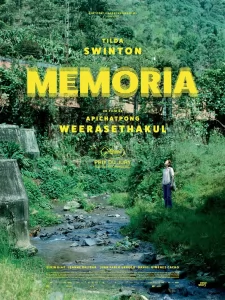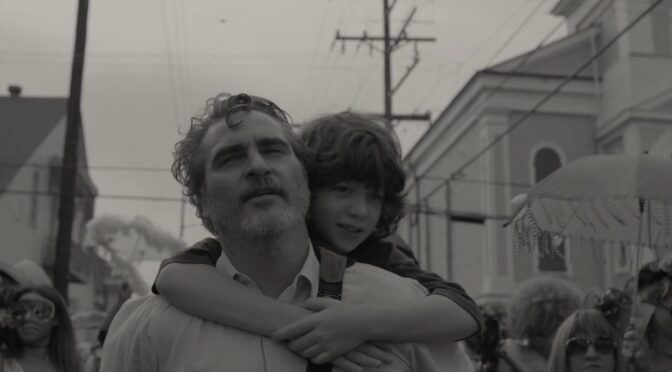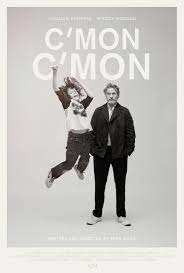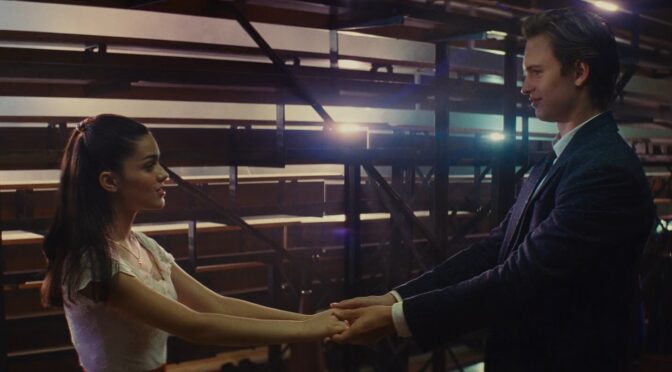

My favorite poet is Edward Arlington Robinson. Most of his works, such as “Eros Turranos” and the very famous, Paul Simon-inspiring “Richard Corey” seem to take place in turn-of-the-century (19th that is) smalltown New England, but he has a great one that takes place in actual England. In this poem, “Ben Jonson Entertains A Man From Stratford”, Robinson imagines the titular 16th century playwright and Shakespeare contemporary meeting one of Shakespeare’s hometown friends in a pub and regaling him with musings about the Bard. One line I’ve always loved is when Jonson speaks of Shakespeare’s testy literary relationship with time and its mysterious, nebulous, inexorable passing. He refers to it as “his monster Time” It’s an observation that has always resonated with me. I also have a kind of rambunctious frenemy relationship with the copet. The very idea of Time feels both fascinating and disquieting, inspiring and harrowing. Time is a thing to be wrestled with and reckoned with and many of my favorite artists have been those who have their own Time monsters to spar with. Linklater stretching time out in Boyhood and the Before trilogy while also weighing the idea that everything might be just one simultaneous instant. Brilliant documentaries like Manakamana and Time (go figure) grappling with how Time moves and is experienced. Tarantino chopping up the temporal order of events in Pulp Fiction for maximum emotional and thematic oomph. Some artists regard it with awe and mystery and some just send Marty McFly whizzing back to the 1950s, turn time into a child’s playtoy and leave the metaphysical debates for the philosophers to figure out. After all, nobody ever said you had to take Time seriously. Thai filmmaker Apichatpong Weerasethakul (he prefers the name Joe) is one of those deeply philosophical types, a man who beholds the mysteries of Time with a respectful humbled hush. His films, like his great Uncle Boonmee Who Can Recall His Past Lives often exist in a magical realist realm where all things, from ghosts to royal animal spirits to a man who dies every time he goes sleep, feel possible. The nature of existence suddenly unfurls to reveal a world unbeholden to the restraints of our rational senses. His explorations of Time take place in the present moment, from which we observe Time passing, but also hum with the energy of all the Time that passed through this space before we ever got here. In Memoria, we briefly hear a university professor talk about how wood absorbs everything that touches it, and Weerasethakul seems to be positing that maybe all present existence retains the energy of the histories that came before. His latest opus is another bewitching, at times deliberately inexplicable tone poem of history, life, death, sleep and magic.’

Continue reading →


I’ll stand on my soapbox for a minute and say that, as an uncle many times over, I feel that uncles still feel underrepresented in cinema. It feels particularly tough to find good films about uncles. My people cry out for more stories. I say this as someone who never cared for John Hughes’ comedy Uncle Buck growing up and who had the pleasure of agreeing with his childhood self wholeheartedly after a recent rewatch. And, as I’m one of those snobs who can’t stand Napoleon Dynamite, I have little use for that desperate goofus Uncle Rico as well. I’m very much behind Mary Poppins‘ Uncle Albert and his laughing-on-the-ceiling shenanigans, but that’s a bit role and it’s unclear whose uncle he’s even supposed to be. It’s possible he might just have been bestowed with an honorary Uncle title, which obviously doesn’t really count. We have some very compelling uncles in The Lion King‘s Uncle Scar and Hamlet‘s Uncle Claudius (Scar’s non-lion equivalent), but those are some real unsavory uncles. Certainly not the kind of uncles anyone lucky enough to assume the title of uncle should aspire to become. The same goes for Harry Potter’s miserable Uncle Dursley. And of course, no matter how often he is reincarnated and reimagined, things don’t go ever all that well for Peter Parker’s Uncle Ben. That poor man has died a lot. So where does that leave you ifyou’re looking for an uncle in a major role, who isn’t palpably evil, whose film doesn’t suck, and who isn’t frequently dying on a sidewalk in the name of increased pathos? I feel like I’m currently looking at Uncle Fester (who, to be clear, is not dead even if he would love it if you thought of him that way) standing in a room all by himself. And we love Fester, but that is just not a satisfactory state of avuncular affairs for more than a century of cinema. That’s why Mike Mills’ C’mon C’mon hit me on such a personal level and filled me with teary joy for all the uncles out there like me. We’ve waited for this, gentlemen! Behold, a great film that not only has a really good, fully realized uncle as a leading character, but is also very much about the joys of having a nephew or niece. An arty, sweet little dedication to the bond between children and their parents’ brothers. It may seem a small thing for a film to be about, but there’s not such thing as a small thing when a filmmaker approaches it with this much clear-eyed thoughtfulness.

Continue reading →


I adore Stephen Sondheim and revere him, as one should do with genre-busting, influential creative geniuses. I know his contributions to musical theater and movie musicals over some five decades are immeasurable and that he is probably the overwhelming consensus choice for greatest musical lyricist and composer of the 20th century. One cannot discuss Steven Spielberg’s 2021 remake of West Side Story without talking first and foremost about the man integral to building the beautifully sturdy original structure; without looking at Sondheim’s lusly witty book of lyrics, surely among the most staggeringly assured debut works for an artist in any medium. If this is your first time learning that little factoid, take a moment to let it linger. One of the most enduring and brilliant songbooks in history was merely the opening salvo to the man’s long career. And that long career brings us to the problem that I am still utterly unqualified to give you any kind of satisfactory primer on the genius of Stephen Sondheim, short of remarking that his genius is evident in virtually every work of his I’ve seen (a number that is still far too low). It’s a genius evident in the sumptuous and sardonic melancholy of Sweeney Todd: The Demon Barber of Fleet Street and in the thinking person’s fairtyale puncturing of Into the Woods. Even select pieces I’ve heard divorced from the larger works, such as certain numbers from Company and Merrily We Roll Along, have struck me and have been the centerpieces for great scenes in brilliant films like Ladybird and Marriage Story. The godfather of musical theater passed away just this year and a host of moving essays have been written about the man, all worth reading and all suffused with a lot more lovely context than this relative Sondheim neophyte can provide. The best this review can muster is to send in one uninformed clown to urge you to visit, or revisit, his deep and prolific work. I know that is what I will be doing in the near future. The wild thing about West Side Story isn’t just that it’s Stephen Sondheim’s debut, but that it’s actually him operating at only half of his powers, which is to say only as a lyricist. Sondheim would quickly join Cole Porter and Irving Berlin in the rarefied air of musical theater artists who wrote both their own music and lyrics. For his maiden voyage to the Great White Way, however, Sondheim would write to music by the legendary Leonard Bernstein (soon to be played by Bradley Cooper). Those lyrics are still confoundingly great and are, to my mind, the biggest reason why a fairly faithful remake of Robert Wise’s 1961 masterpiece can still feel revelatory and necessary. From the sardonic teen rebel snark of “Officer Kruepke” to the delicately devastating poignance of “Somewhere” to the still-timely critique of “America”, Sondheim’s words are a thing of piercingly astute Technicolor rapture. Capable of leaping effortlessly from humor to yearning to sorrow (this is the Romeo and Juliet musical after all), Sondheim’s first little masterpiece springs and swoons with a verbal dexterity to match the gymnastic finesse of its dancers. Before Steven Spielberg adds his own vibrant visual brushstrokes to the canvas, it only takes a few lines from “When You’re A Jet” to set aside any misgivings about redundancy. This is Stephen Sondheim’s “West Side Story”, one of the most incandescently alive songbooks there is. There is certainly a place for it, for multiple imaginings of it. And it’s going to be great!
Home of Carnivorous Couch: A film a week from two film geeks.








